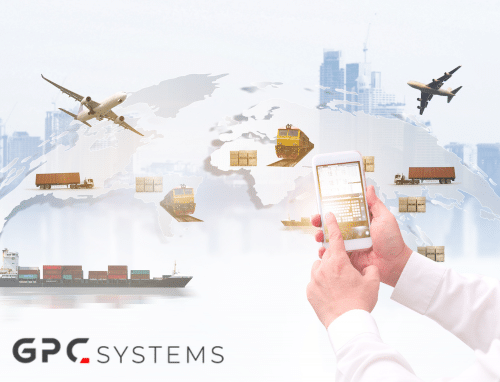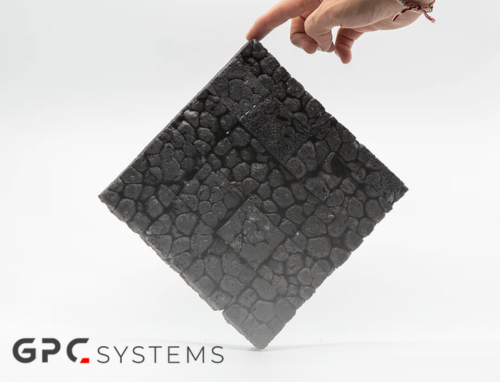
Sustainable Shipping: Innovations in Eco-Friendly Freight Solutions
The freight and logistics industry stands at a pivotal crossroads. As global trade continues to grow, so too does the urgent need for eco-friendly solutions to reduce the sector’s carbon footprint. With transportation accounting for nearly a quarter of global CO2 emissions, it’s clear that the path to a greener future hinges on innovative approaches in eco-friendly freight logistics. Let’s delve into the latest trends and technologies shaping the future of sustainable shipping.
Electric Trucks: Driving the Eco-Friendly Change
Electric vehicles (EVs) are no longer a novelty; they are fast becoming a mainstay in eco-friendly freight transport. Companies like Tesla, Volvo, and Daimler are leading the charge with electric trucks that promise to cut emissions significantly. The Tesla Semi, for instance, boasts a range of up to 500 miles on a single charge, potentially revolutionising long-haul trucking.
The UK government is heavily investing in EV infrastructure, aiming to install 300,000 public EV chargers by 2030. This commitment is crucial as the logistics industry transitions to electric fleets. Moreover, with the total cost of ownership for electric trucks expected to reach parity with diesel trucks by 2025, the economic incentives for adopting EVs are becoming increasingly compelling.
Alternative Fuels: Pioneering Eco-Friendly Energy
Beyond electric trucks, alternative fuels are playing a critical role in greening freight logistics. Hydrogen fuel cells, biofuels, and synthetic fuels offer promising alternatives to traditional fossil fuels. Hydrogen-powered trucks, such as those developed by Nikola Motors, emit only water vapour and provide a longer range compared to their battery-electric counterparts.
Biofuels derived from organic materials like plant oils and animal fats can reduce greenhouse gas emissions by up to 90% compared to conventional diesel. Major airlines and shipping companies are already experimenting with biofuels to power their fleets, demonstrating a commitment to sustainable and eco-friendly operations.
Optimised Routing: Efficiency Meets Eco-Friendliness
Optimised routing is another key component in reducing the carbon footprint of freight. Advanced route planning software uses real-time data and predictive analytics to determine the most efficient paths for delivery trucks, thereby minimising fuel consumption and emissions. Companies like UPS have embraced route optimisation with their ORION (On-Road Integrated Optimisation and Navigation) system, which has reportedly saved 100 million miles of travel and 10 million gallons of fuel annually.
Telematics systems also play a crucial role by providing detailed insights into vehicle performance and driver behaviour. By monitoring and improving these factors, companies can enhance fuel efficiency and reduce environmental impact, further promoting eco-friendly freight practices.
The Rise of Rail and Sea: Eco-Friendly Freight Modalities
Shifting freight from road to rail and sea is another effective strategy for reducing emissions. Rail transport is significantly more energy-efficient than road transport, with trains producing up to 75% less CO2 per tonne-kilometre. The UK government’s Rail Freight Strategy aims to increase the volume of goods transported by rail, which could cut up to 7 million tonnes of CO2 annually.
Similarly, shipping companies are adopting greener practices. The International Maritime Organization (IMO) has mandated a 50% reduction in greenhouse gas emissions from shipping by 2050. Innovations like wind-assisted propulsion, LNG-powered ships, and hull air lubrication systems are set to play pivotal roles in achieving these eco-friendly targets.
Future Predictions: Navigating Towards Eco-Friendly Sustainability
The future of sustainable and eco-friendly shipping is bright, bolstered by advancements in technology and robust policy frameworks. By 2030, it’s predicted that electric and hydrogen trucks will dominate the market, supported by extensive charging and refuelling infrastructure. Alternative fuels will become more mainstream, with biofuels and synthetic fuels powering a significant portion of the logistics fleet.
Moreover, digitalisation will drive efficiency to new heights. Enhanced data analytics, AI, and machine learning will enable more precise route optimisation, predictive maintenance, and real-time tracking, further slashing emissions and operational costs.
Conclusion: Steering the Eco-Friendly Green Revolution
The freight and logistics industry is on the brink of a green revolution. Through the adoption of electric vehicles, alternative fuels, and optimised routing, the sector is making significant strides towards sustainability. As innovations continue to evolve and mature, the vision of a carbon-neutral, eco-friendly logistics network is becoming increasingly attainable.
At GPC, we are committed to supporting this sustainable and eco-friendly future. From the information we provide to our clients to the practices we employ in our warehouses, every step is taken with an eye towards reducing environmental impact. Our dedication to green logistics ensures that we not only meet the current demands but also contribute positively to the planet. The journey towards sustainable shipping is not just a possibility; it’s an imperative that the industry is embracing with open arms and innovative spirit.




